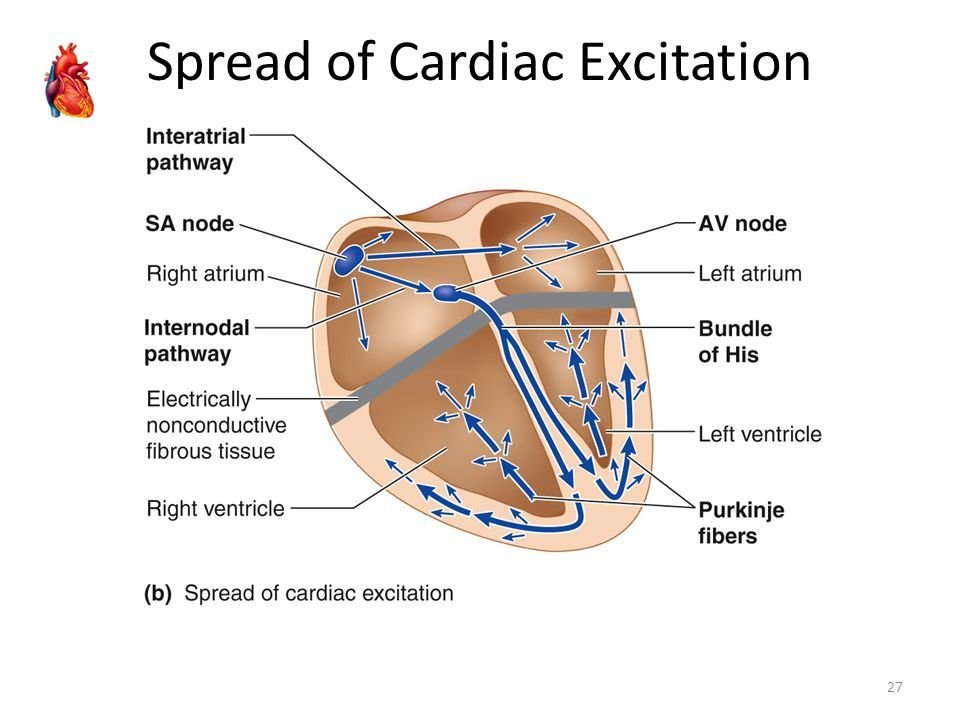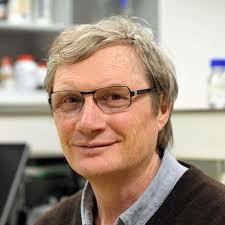Nele Vandersickel, Ghent University, Belgium

Normal rhythm of about 60 beats/min (determined by SA node)
=> 100.000 beats per day
=> 3 000 000 000 in a lifetime!!!
How can this electrical wave go wrong?
electrical waves can rotate around an obstacle like a valve, scar tissue or the veins = anatomische reentry -> mexican wave!
When something goes wrong with these electrical waves: cardiac arrhythmia
Rotating electrical waves
How to treat an arrhythmia?
Ablation: creating scar (via burning) to interrupt the rotation path

Rotating electrical waves
In electrophysiology there did not exist an algorithms to automatically determine the location of cardiac arrhythmia
Measurements give rise to a color map.
Needs to be interpreted manually: challenging and operator dependent.


Local activation time
Atrial tachycardia: current stategy
We developed a novel methodology to determine these sources automatically: we describe the electrical propagation in the heart as a directed network:

Directed Graph(DG)-mapping

Optimization protocols


- 31 cases tested post-ablation:
Ablation target 100% correct
- 51 complex cases: mechanism analyzed in detail during ablation
DGM 74% correct <-> expert interpretation 64% correct
We are developing a new algorithm to improve the results another 16%
What do we want to do in the future?
ERC starting grant 2020

- 1.500.000 euro for 5 years
- Will start in Febr 2021 until Febr 2026
Supporting top researchers from anywhere in the world
ERC starting grant 2020- SMARTHEART
The grant will focus on three areas:
- AT: Make DGM work perfectly on AT
- AF: Investigate with AF beyond computer simulations
- VT: Investigate VT
Key Goal: To actually make a difference in the treatment of patients with an arrhythmia.
To understand the needs of health care, and to make our software available for EPs to use it

Enid Van Nieuwenhuyse
modeling
modeling

modeling
Alexander Panfilov

Clinical expert
Mattias Duytschaever

Nele Vandersickel
Ghent University and AZ-Sint Jan Bruges
Clinical expert
Clinical expert

Dr. Sebastien Knecht

Teresa Strisciuglio

modeling
Lars Lowie

Network specialists


Clinical expert
Jan Goedgebeur
Nico Van Cleemput
Anthony de Molder
Valencia
Bordeaux
Javier Saiz
Laura Martinez-Mateu
Nicolas Derval